A dog getting loose is every pet owner's nightmare. Maybe your dog slipped his leash, or maybe she figured out how to wriggle under the fence. Or maybe it was just that split second before the door closed when your pooch made a dash for it.
In a way, you can't blame them. Dogs are curious, and they get excited when an interesting smell wafts their way or a fun-looking animal scampers across the lawn.
But with cars, predatory animals, and the elements to contend with, the real world can be a very dangerous place for a domestic dog.
Unfortunately, dogs get out all the time, causing a lot of stress for their humans. Luckily, there are plenty of people, including trained dog rescuers, police officers, and everyday people who are more than willing to help reunite lost pups with their families.
There are also steps you can take that will make the chances of your pooch coming home safe and sound quickly all the greater. You just have to know what to do, avoid panicking, and spread the word so as many people as possible know to be on the lookout for your dog.
Read on to learn the 10 crucial steps to take during the first 12 hours that your dog goes missing. It could save your pup's life!
Lost Dog Tip #1: Act Immediately
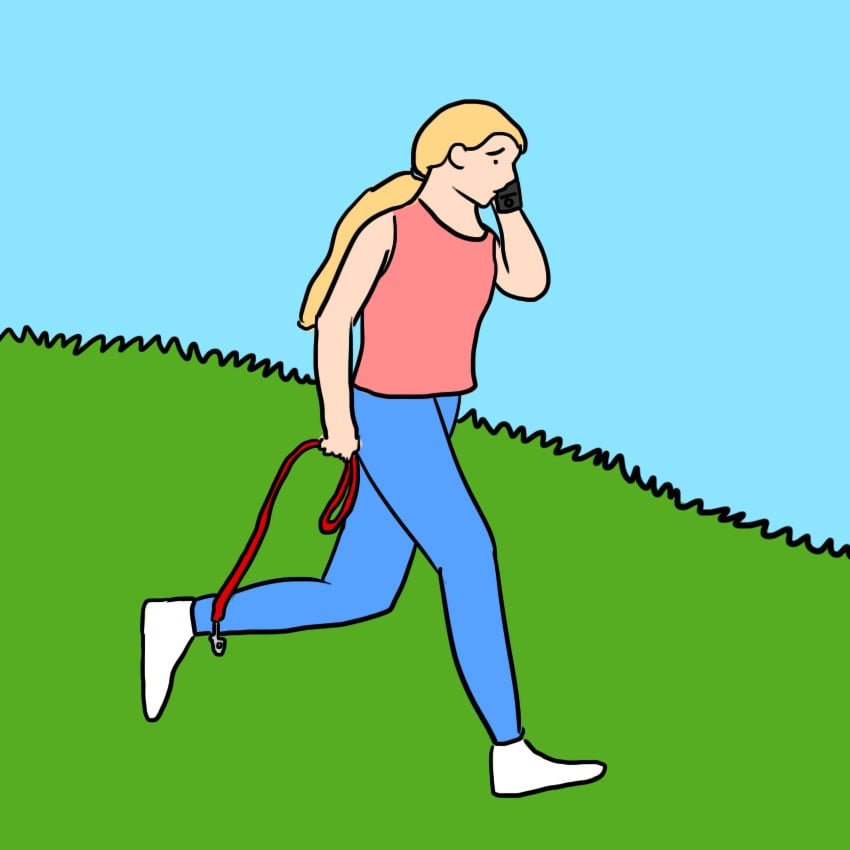
Most pets are recovered pretty quickly and near the place where they got lost, which means time is of the essence.
Actively searching, calling, and waving treats around as soon as possible leads to 89 percent of lost pets being found within 12 hours of getting lost.
So if your pooch wiggles out of his collar, act immediately!
Lost Dog Tip #2: Start Where You Lost Them

Dogs tend to wander in expanding circles, so that means they'll be starting at the very place where they got loose in the first place.
That's where you'll have to start, too. Bring an item that will smell familiar, such as a favorite toy or blanket, or even an article of your clothing.
If you don't see them, leave the item near a tree and check back every few hours. A lost dog will gravitate toward something that smells familiar, and the item could lure them back.
Lost Dog Tip #3: Check Online Databases

If your dog is microchipped, check and keep checking online databases for any hits.
Sites like the Microchip Registration Center, Microchip Registry, Home Again, PetLink, Pet Amber Alert, and AKC Reunite all have resources for locating microchipped dogs.
Microchips are a great way to return pets to their homes, which is a reason why you should always microchip your pets!
Lost Dog Tip #4: Search Familiar Places
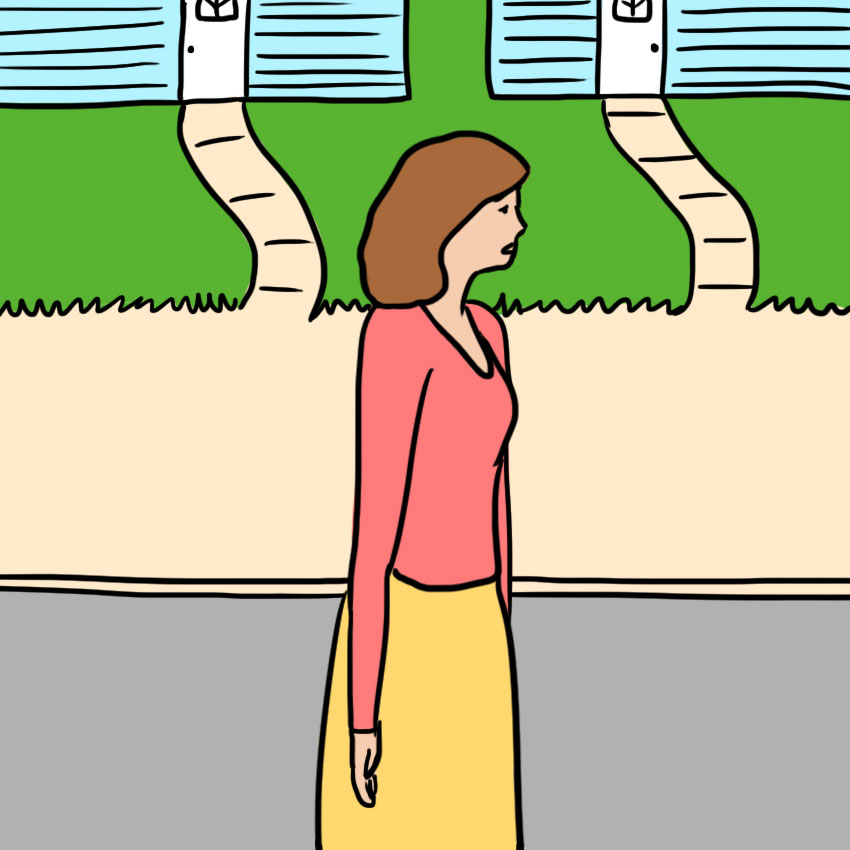
Like humans, dogs have a map of familiar places in their heads. Chances are that they have some favorite places they'll tend to check out on their own.
Maybe there's a dog park where they might want to say hello to other dogs. Maybe there's a collection of particularly interesting-smelling garbage cans around the corner.
Check familiar places that your dog would know, including places you usually walk.
Lost Dog Tip #5: Gradually Widen Your Search
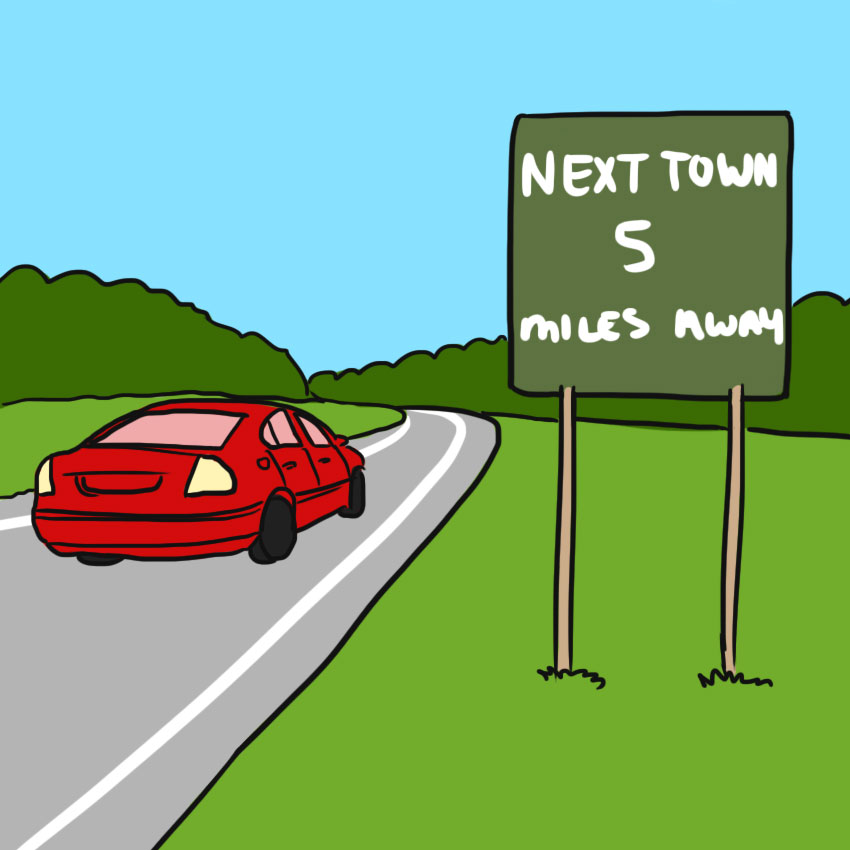
Dogs will slowly widen their circle of exploration over time, so you should, too.
If your dog isn't in familiar neighborhood places, check a little further afield.
Keep an eye out for yards with dogs or other animals in them, or other places that might interest your dog.
Lost Dog Tip #6: Know How To Hang A 'Lost Dog' Poster
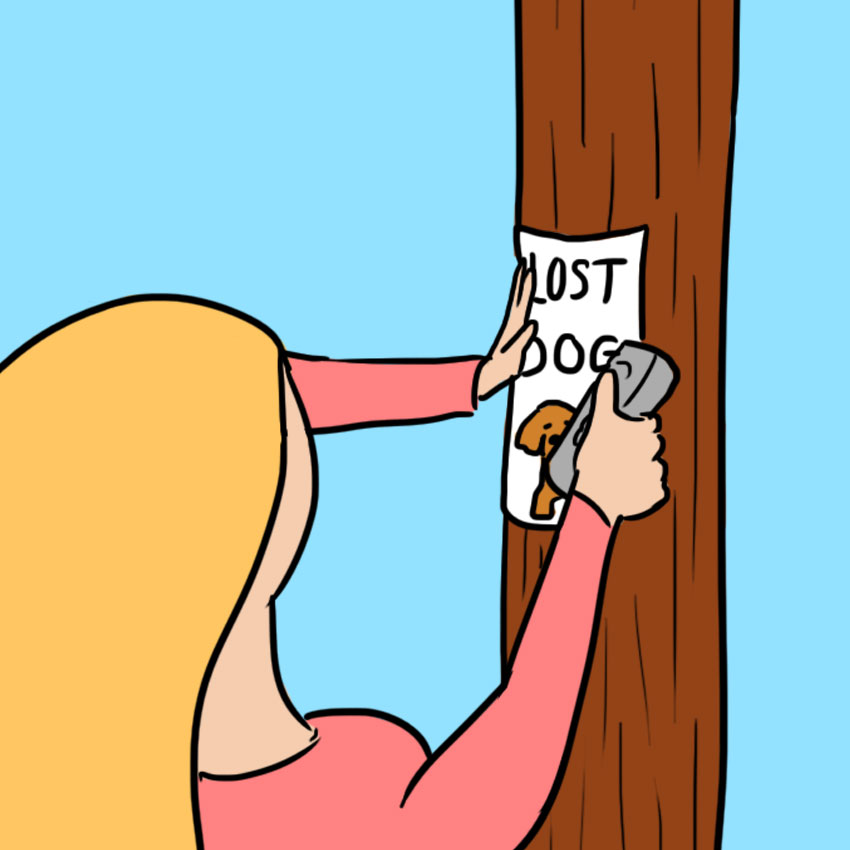
A lost dog poster won't do you any good if no one sees it.
Be sure to hang your flyers at eye level on trees and telephone poles, and use a color photo of your pet so people really know what they look like.
If you offer a reward, leave out any identifying details that aren't in the photo so you can quiz any callers and weed out scammers.
For example, if you have a photo of your dog showing her right side, don't mention the spot on her left side. You can use that as quiz material later.
Post flyers within a 10-mile radius of your home, or more if you live in a rural area, to make sure the maximum number of people see it.
Lost Dog Tip #7: Alert Social Media

Social media can be a powerful tool for getting the word out to many people with a single click.
Make a digital version of your lost pet flyer and upload it to Facebook, Twitter, or whatever platforms you use, then ask your local friends to share it.
Hanging posters in the real world and posting them online is a one-two punch that will get the most people possible knowing about your lost dog.
Lost Dog Tip #8: Call Police And Shelters
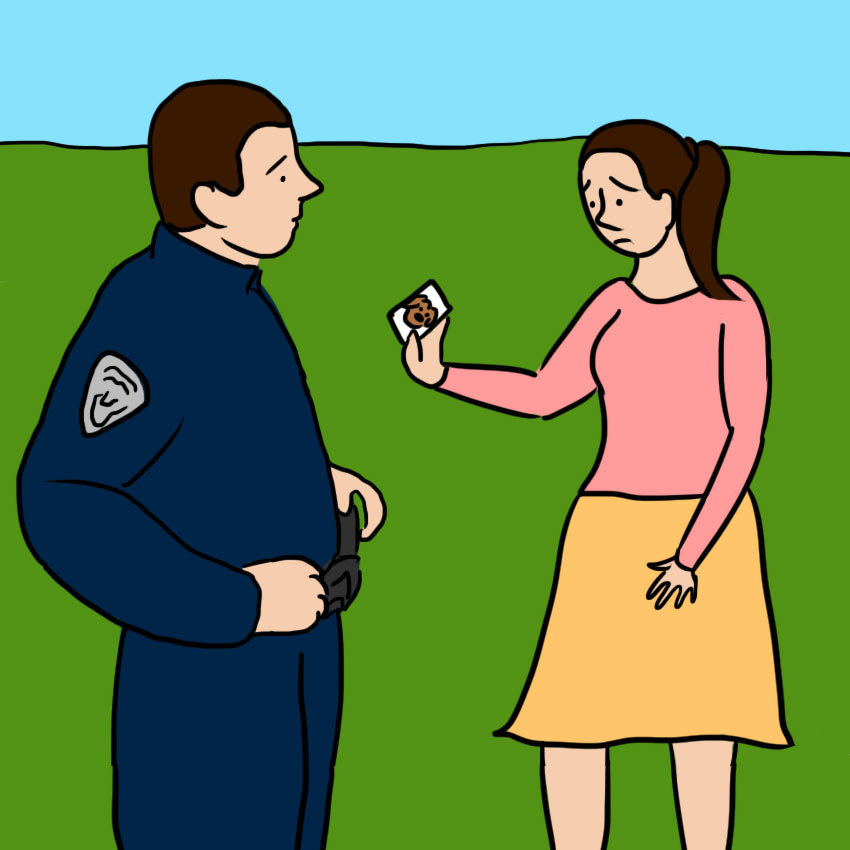
Let your local animal shelters and police department know about your missing dog. If someone finds a lost dog, a police station or shelter is likely the first place they'll take her.
Even if the cops or animal-shelter staff haven't seen your dog, they'll know to be on the lookout for her. Should they find her, they'll also already know that someone is looking for her and that she has a home.
Leave your name and contact information so they can get in touch with you when your dog turns up.
Lost Dog Tip #9: Consider A Pet Detective
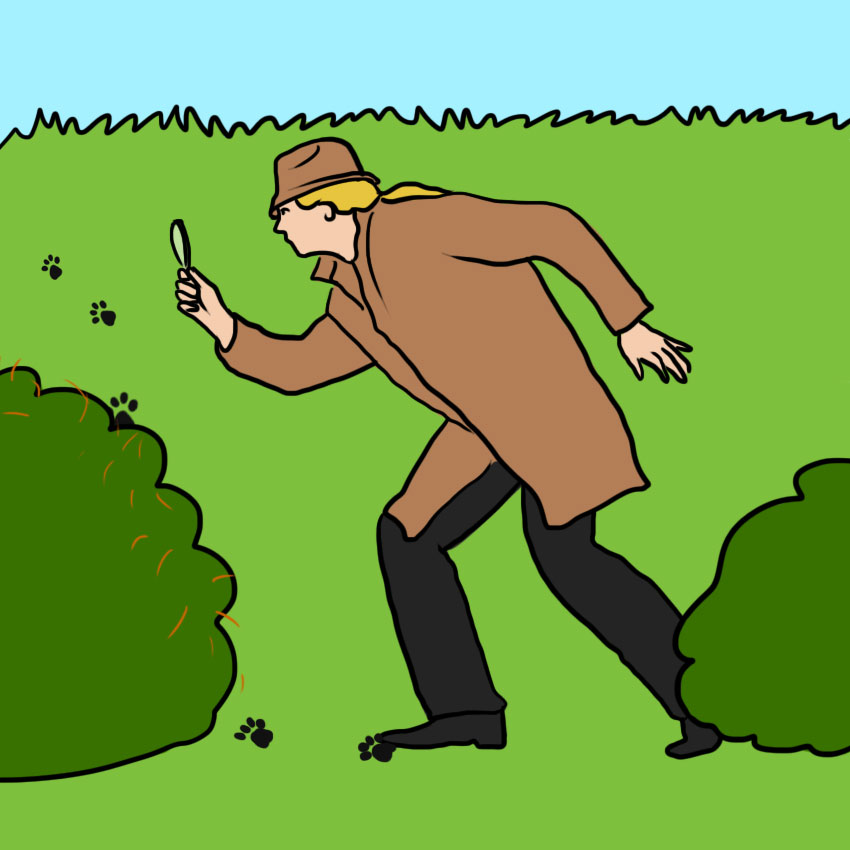
If all else fails, there are actually specialists you can hire to track down your pooch.
These people have the benefit of having connections and resources that the average pet owner doesn't, and so have a better chance of tracking down wayward pooches.
Lost Dog Tip #10: Never Give Up
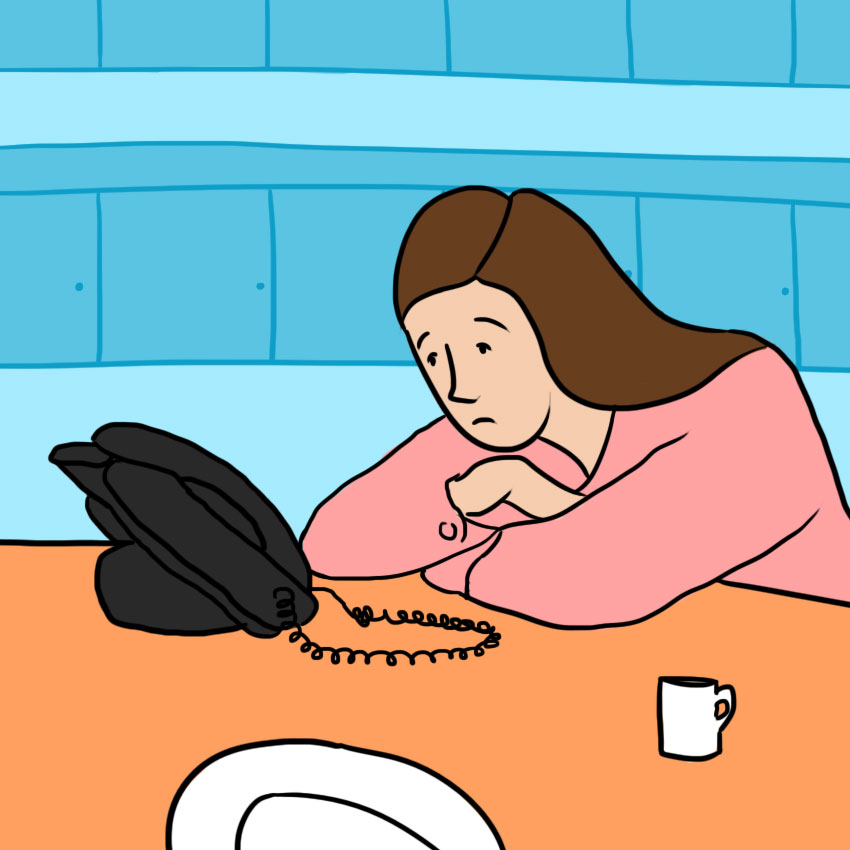
Having a pet at large is stressful, heartbreaking, and more than troubling.
But don't despair. Dogs have a crafty way of coming back when they tire of their adventures, and believe it or not, most of them can sniff their way back home.
While you're looking, use all the resources you can find, and keep searching. Leave a familiar item and some water on your porch (not food — that can attract other, non-dog animals), leave the light on, and keep your chin up.
We see stories of dogs reuniting with their owners all the time here at LittleThings, so take it from us: Dogs do come home.
SHARE this important information with all the dog owners you know!




